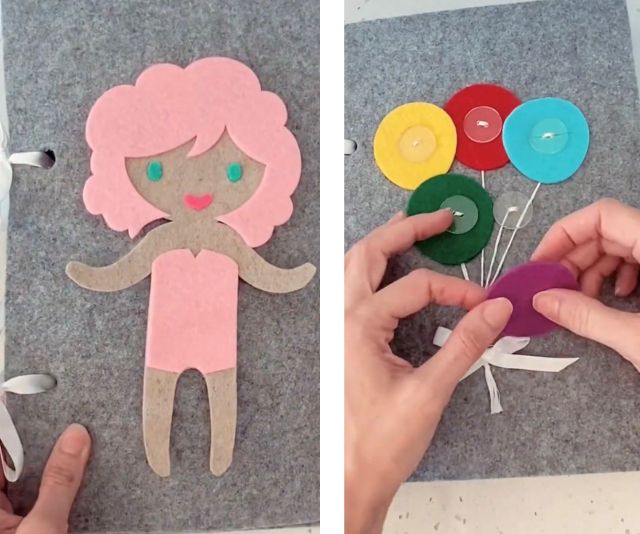30 month old: A look at toddler speech and language development
Things are about to get real cute!
Your child will now start to enjoy expanding their language from single words and two-word phrases, talk lots and increasingly realise the power of words.
They may enjoy issuing commands, add a 'please' when reminded, use verbs fluently and within the next six months will come to grips with tenses, including past, future and conditional.
They will also use plurals and possessives, begin to grapple with pronouns like 'I', 'me', 'you' and may use 'and' to link sentences. For more on this, check out our Timetable for Language Development and try these activities below to boost their speech …
Listen to your child and give them enough time to finish what they're saying without jumping in to finish the sentence or interrupting them.
Create a speech-friendly environment: turn the radio or TV off and don't let a baby or older sibling always shout your child down.
Avoid baby talk. Speak clearly using real words and sentences so they can imitate how it's done.

The world is an exciting place for a toddler who is finding their words! (Image: Getty)
Don't correct grammar or mispronunciations. Instead, try to tactfully repeat the word correctly yourself – your child will eventually pick it up.
Narrate everything you do. As you go about your day, talk about what you are doing.
Whispering games are fun and help your child form and express words.
WATCH: Jenna Dewan Tatum and James Corden take a dance lesson from toddlers and it's freaking adorable. Continues after video …
The 'why?' stage. If you child is going through this stage, try to answer their questions (yes, it can be hard!) Even a short answer will do.
Between the ages of two and three, a typically developing child will move to sentences that are mostly grammatically correct, be able to phrase more complex questions and will know a word for almost everything they want to say. They may also start using 'private speech' to help themselves control their impulses – they will often mimic warnings of parents such as saying, 'No touching! No touching!' when they are near a hot stove.
Worried about pronunciation? Don't be, as some sounds are easier for young mouths to form. Until they're seven and their sound production systems are fully developed, it's not uncommon for kids to mispronounce things like hard c for t, saying tat for cat. Other sticking points are 'sh' and 'ch', sound blends 'tr' and 'tw'.




